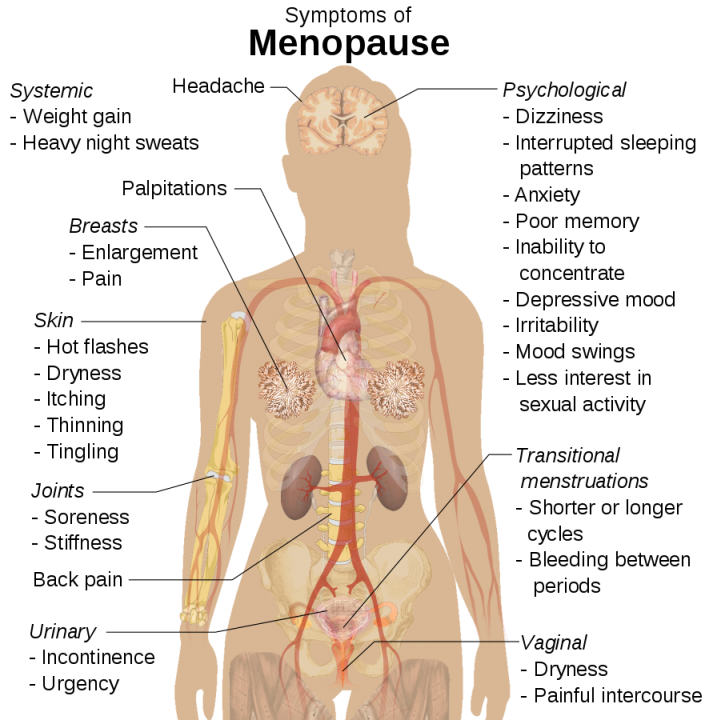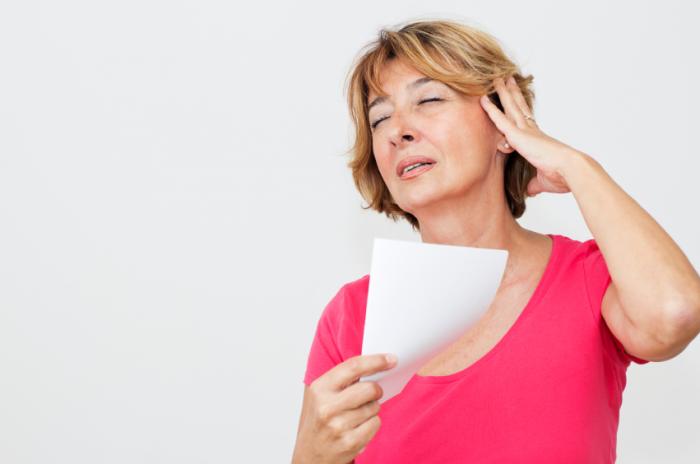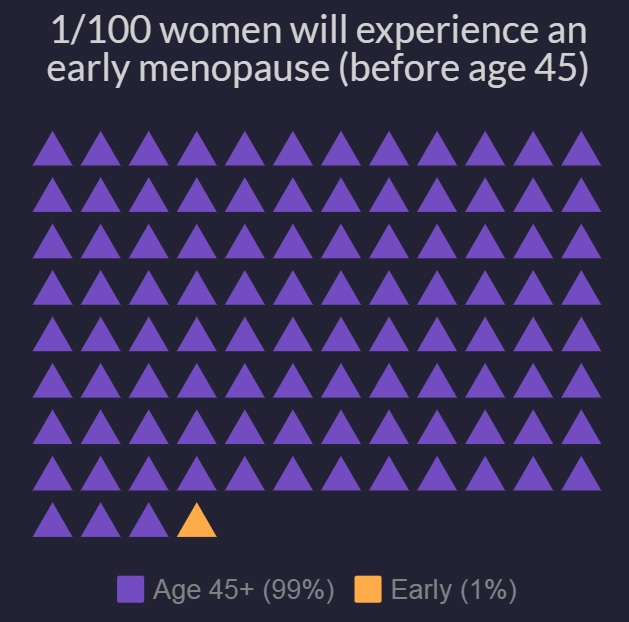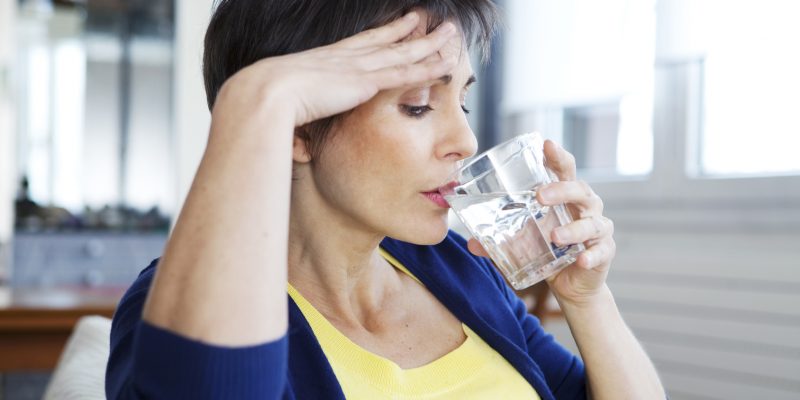Clare Shepherd shares how a premature menopause in her 30s and an endometriosis diagnosis left her determined to help and support women going through what she did.
Clare Shepherd was just 32 years old when she went through a premature menopause. During her seven-year struggle until she finally got a diagnosis, Clare was also told she had severe endometriosis, leading to a full hysterectomy at age 39.
According to the NHS, the average age for women in the UK to go through the menopause is 51. If the menopause occurs between 40-45, it’s considered an early menopause. Should a woman go through it before age 40, she’s diagnosed with a premature menopause, premature ovarian failure or premature ovarian insufficiency (POI) – which is what Clare had.
Before she trained as a nutritional therapist and before she founded Your New Life Plan, Clare struggled for many years wondering why she was feeling the way she was. She had textbook symptoms of the menopause, but significantly earlier in life.
“After my second daughter, nothing seemed to go back into place. I was very angry and I had hugely debilitating fatigue – I even forgot to pick my children up from nursery a couple of times. The doctor said it was because of hormones that would eventually settle, but it got worse.”
Menopausal symptoms can range from hot flushes and mood swings to brain fog and social anxiety. For some women, these symptoms can be debilitating and can leave a huge impact on their life.

Unanswered questions
Clare visited seven doctors in seven years to find out what she was persistently struggling with.
“I kept going back to the doctor just not feeling well and not feeling right. I was depressed and constantly tired and they just fobbed me off every time.
“During this, I was getting increasing stomach pains to the point where they were crippling, very acute and very severe – a couple of times they happened in the car and it was getting dangerous.”
It was implicated that it could all be in my mind which made me really angry
She went through a lengthy process of scans, was offered beta-blockers – medication commonly diagnosed for high blood pressure and heart conditions – anti-depressants and the contraceptive pill, but her last visit to the doctor left a bad taste in her mouth.
“It was implicated that it could all be in my mind which made me really angry, so I decided to see a specialist. The previous doctors never took a blood test; the menopause was never considered because I was in my 30s.
“The private blood test confirmed I was way into menopause and the pain I was feeling was endometriosis. I stormed back into the doctors and said: ‘This is what’s happening and it’s suggested that I have severe endometriosis!’”
Endometriosis is a condition in which tissue that lines the womb is found outside the womb, such as in the ovaries and fallopian tubes, causing a lot of pain for the woman.
Clare’s endometriosis was so severe that it was suggested she have a hysterectomy, which she did aged just 39.
“After being diagnosed, I felt relief. As traumatic as it was, I was pleased I wouldn’t have to go through it again, little knowing what lay ahead.”

Reaching a low point
Feeling like she didn’t know what else to do, she began using HRT patches she was offered. Like many women, she was very aware of the risks that come with HRT and became determined to find a natural solution to her menopausal symptoms.
“I put on the HRT patch I was offered and then decided to come off it at a normal age of menopause, around 50/51. In the meantime, I would do what I could to look after myself and make the transition easier.”
Clare trained for 3 years and became a fully qualified nutritional therapist.
“There were lots of things in life I didn’t understand which I could use to help myself. I looked at homeopathy, iridology and I trained at reflexology – all sorts of different paths. It was a journey of self-discovery.”
Stress really is the greatest disruptor of all hormones and all disease in the body
In Clare’s words, life threw her a “curveball” when her oldest daughter died and for a while, she struggled coming to terms with it and hit a very low point.
“When I came off the patch, I strengthened my mental resolve. I needed that resolve to help me again, without that it would be more difficult.
“It wasn’t just eating food and exercising, there’s a lot of mental work involved around managing your health. The greatest thing I learnt was how to manage stress – it really is the greatest disruptor of all hormones and all disease in the body.”
Creating a support network
In her field, Clare found that she was meeting women with similar issues to her.
“There were more people coming to see me with hormonal problems, fertility issues and the menopause. I thought ‘I’ll try and develop an online programme’ – I was on a mission to get out there and raise awareness of the menopause.”
“I noticed it affecting women at work and thought, ‘well I know what I can do to help’ so I developed an online programme.”
We should be standing up and shouting out about this because we owe it to the next generation
Clare founded Your New Life Plan and offers programmes that promote natural remedies to women struggling with the menopause. Through Your New Life Plan, Clare helps women transition through this time in their life as smoothly as possible.
“It’s a time of change and with all great change comes a struggle. On the other side of menopause, you won’t be the same person you were, but it’s a great place to be. There’s light at the end of the tunnel.

“As women going through the menopause, we should be standing up and shouting out about this because we owe it to the next generation.”
Long considered taboo, we are beginning to see the subject of the menopause being discussed more and in depth among generations. Clare using her own experience to better the lives of other women who may be struggling is a testament to the positive change we are beginning to see surrounding women’s health.
More from this article:


 Polyamorous relationships: Misunderstood
Polyamorous relationships: Misunderstood